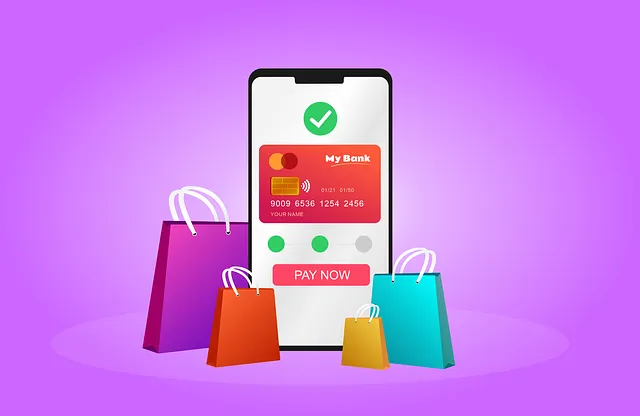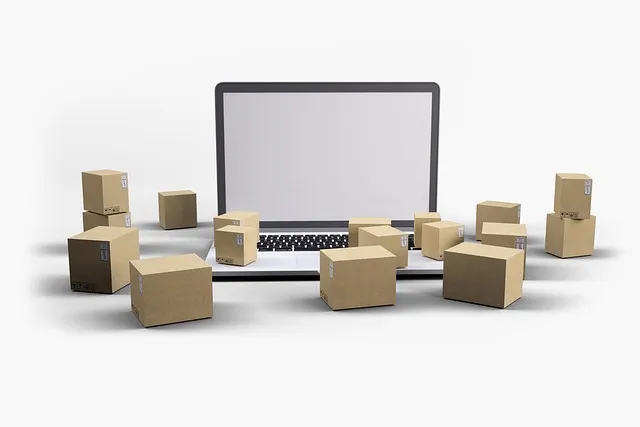Journalists globally face heightened online risks, including surveillance and censorship. Private Internet Access (PIA), a VPN service, encrypts internet traffic, protecting journalists' privacy and sources from prying eyes. PIA enables anonymous access to blocked websites and safeguards IP addresses, vital for reporters in repressive regimes investigating sensitive topics. Effective use requires staying updated on technology and training. PIA is an indispensable asset, enabling secure global journalism.
In today’s digital age, private internet access is more crucial than ever for journalists worldwide. As reporters delve into sensitive stories, they navigate a labyrinthine web of online surveillance and data breaches. This article explores the importance of private internet access in safeguarding journalism. We discuss the challenges journalists face in maintaining privacy online, how such access protects their work, and practical steps to implement and utilize these essential tools.
- The Importance of Private Internet Access for Journalists
- Challenges Journalists Face in Maintaining Privacy Online
- How Private Internet Access Protects Journalism
- Implementing and Utilizing Private Internet Access Tools
The Importance of Private Internet Access for Journalists

In today’s digital era, journalists worldwide play a crucial role in keeping societies informed and holding those in power accountable. However, their work often exposes them to various online risks, including surveillance, data breaches, and censorship. Private Internet Access (PIA) emerges as a vital tool for safeguarding their privacy and enabling secure communication. By encrypting internet traffic, PIA ensures that sensitive information remains confidential, protecting journalists from having their sources or methods compromised.
For journalists reporting from authoritarian regimes or conducting investigations into powerful entities, private internet access is not just a convenience; it’s a matter of safety and professional integrity. It allows them to connect with sources anonymously, ensuring the flow of unfettered information. With PIA, journalists can navigate the digital landscape with greater freedom, fostering a more robust and unbiased global media environment.
Challenges Journalists Face in Maintaining Privacy Online

Journalists worldwide face significant challenges in maintaining their privacy online, especially as they delve into sensitive stories that might put them and their sources at risk. In today’s digital era, where every click and search is tracked, journalists’ private communications and research activities can easily be monitored by governments, corporations, or even malicious actors. This poses a grave threat to their ability to source information freely and safely. Without robust safeguards, journalists may self-censor, compromising the flow of critical information to the public.
Private Internet Access (PIA) emerges as a crucial tool for journalists seeking to protect their digital footprints. PIA offers encrypted connections that make it difficult for third parties to intercept or analyze online activities. By routing internet traffic through secure servers, PIA ensures journalists’ privacy while they research, communicate with sources, and report stories, even in the most repressive environments. This enables them to access blocked websites, protect their IP addresses, and maintain a low profile while uncovering important truths.
How Private Internet Access Protects Journalism

Private Internet Access (PIA) plays a pivotal role in safeguarding journalism worldwide by offering journalists a secure digital environment to work and communicate freely. In today’s digital age, where online activities are extensively monitored, PIA enables journalists to maintain anonymity and protect their sources. By encrypting internet traffic, PIA ensures that sensitive information shared between journalists and their sources remains confidential. This is particularly crucial for reporters investigating political corruption, human rights abuses, or organized crime, as it allows them to work without fear of surveillance or retaliation.
Additionally, PIA provides access to a private network, making it difficult for third parties to track online activities. This feature helps journalists bypass geo-restrictions and access blocked websites or media sources, enabling them to gather diverse perspectives and information from around the globe. With Private Internet Access, journalists can navigate the digital landscape with enhanced security and anonymity, fostering a more robust and independent global journalism scene in the process.
Implementing and Utilizing Private Internet Access Tools

Implementing Private Internet Access tools is a critical step for journalists worldwide seeking to protect their digital privacy and security while conducting research, sourcing stories, and communicating with sources. These tools, such as Virtual Private Networks (VPNs), encrypted messaging platforms, and secure file-sharing software, serve as a robust shield against online surveillance, data breaches, and censorship. By routing internet traffic through encrypted tunnels, journalists can access geo-restricted content, maintain anonymity, and safeguard their sensitive information from both state actors and malicious hackers.
Utilizing these tools effectively requires journalists to stay informed about the latest technologies and protocols. They should select reputable service providers known for robust security measures and a commitment to user privacy. Additionally, proper training is essential to ensure journalists can seamlessly integrate these tools into their workflows without compromising productivity or quality. With the right implementation, Private Internet Access becomes an indispensable asset, empowering journalists worldwide to pursue stories freely and securely in today’s digital landscape.
Journalists worldwide face unprecedented challenges in protecting their sources and maintaining privacy online. In light of growing surveillance and censorship, securing a private Internet access (PIA) has become an indispensable tool for safeguarding journalism. By employing robust PIA tools, journalists can encrypt their data, mask their IP addresses, and navigate the web anonymously, enabling them to gather and share information freely without fear of retribution. Implementing these measures is crucial in preserving the integrity of journalism and ensuring that citizens have access to reliable, uncensored news globally.
